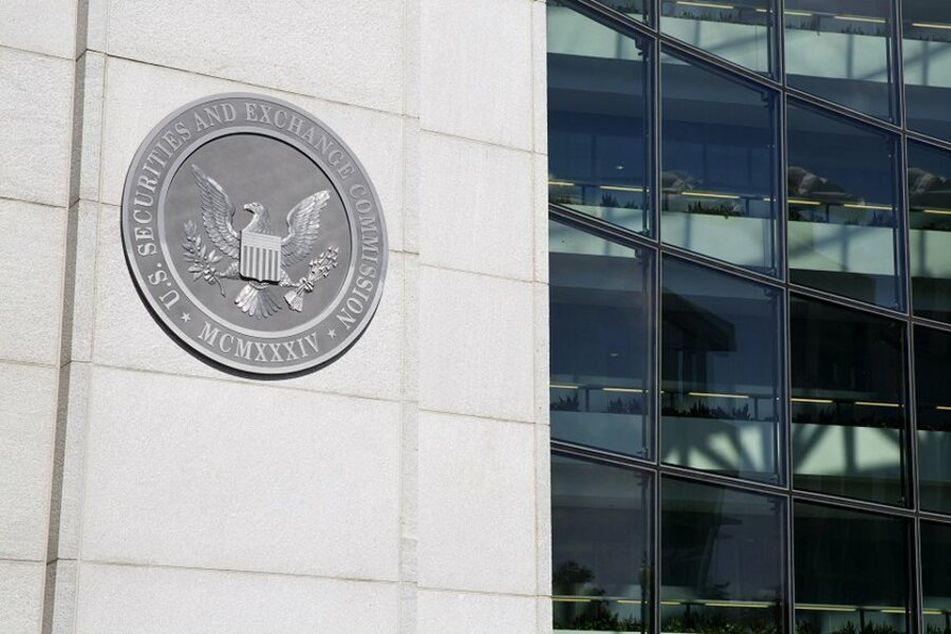SEC pries into over 100 traders’, bankers’ phones in texting probe

The agency has been sending firms lists of key positions including heads of certain investment banking teams or trading desks.
The U.S. is forcing Wall Street banks to embark on a systematic search through more than 100 personal mobile phones carried by top traders and dealmakers in the largest-ever probe into clandestine messaging on platforms such as WhatsApp.
The Securities and Exchange Commission has been sending firms lists of key positions — in some cases pointing to around 30 people including heads of certain investment banking teams or trading desks — that are subject to the review, according to people with direct knowledge of the requests. Personnel in those roles are being ordered to hand over phones so devices can be examined by lawyers.
The aim is to gauge how pervasively Wall Street professionals use unauthorized messaging platforms to chat with each other or clients as regulators decide which firms to punish, and how hard, for failing to preserve business-related messages sent via unapproved platforms. Banks including Goldman Sachs Group Inc., Morgan Stanley, Citigroup Inc., HSBC Holdings Plc and Credit Suisse Group AG have said they’re in the midst of fielding U.S. inquiries into messaging apps, though it’s not clear whether all are now accessing phones.
The requests to access devices are so sensitive — potentially rooting through years of office banter and even personal texts — that banks are arranging for outside attorneys to help conduct the reviews, acting as intermediaries and preserving some semblance of privacy, the people said. The lawyers are being asked to look for business-related messages, with a definition that may offer the industry’s denizens a bit of comfort: Venting to a coworker about a terrible boss probably won’t be deemed business-related. And the boss won’t find out. Plus, regulators generally aren’t seeking message content at this stage, but rather information on who used illicit messaging channels and how often.
Still, the notion that the government and securities firms might embark on a broad, methodical look at phones has been sending shivers through the industry since word emerged about a year ago that JPMorgan Chase & Co. was examining some employees’ use of external apps. That review culminated with ousters and $200 million in regulatory fines as JPMorgan admitted failing to monitor business-related messages on external channels. The SEC expressed particular frustration with the use of apps by supervisors who were supposed to prevent such activity, and it vowed to keep investigating.
“Unfortunately, in the past we’ve seen violations in the financial markets that were committed using unofficial communications channels,” SEC Chair Gary Gensler said at the time.
Since JPMorgan’s punishment, other banks have disclosed inquires or taken steps to rein in app use. Though Bank of America Corp. hasn’t mentioned the issue, it’s also included in the regulatory examination of the industry, according to people with knowledge of the matter.
Earlier this year, Deutsche Bank AG warned staff not to delete communications on WhatsApp. The Frankfurt-based firm hasn’t disclosed a U.S. probe, but it has received information requests from German financial watchdog BaFin, people with knowledge of the requests said this week.
Spokespeople for the banks and the SEC declined to comment.
Learn more about reprints and licensing for this article.








